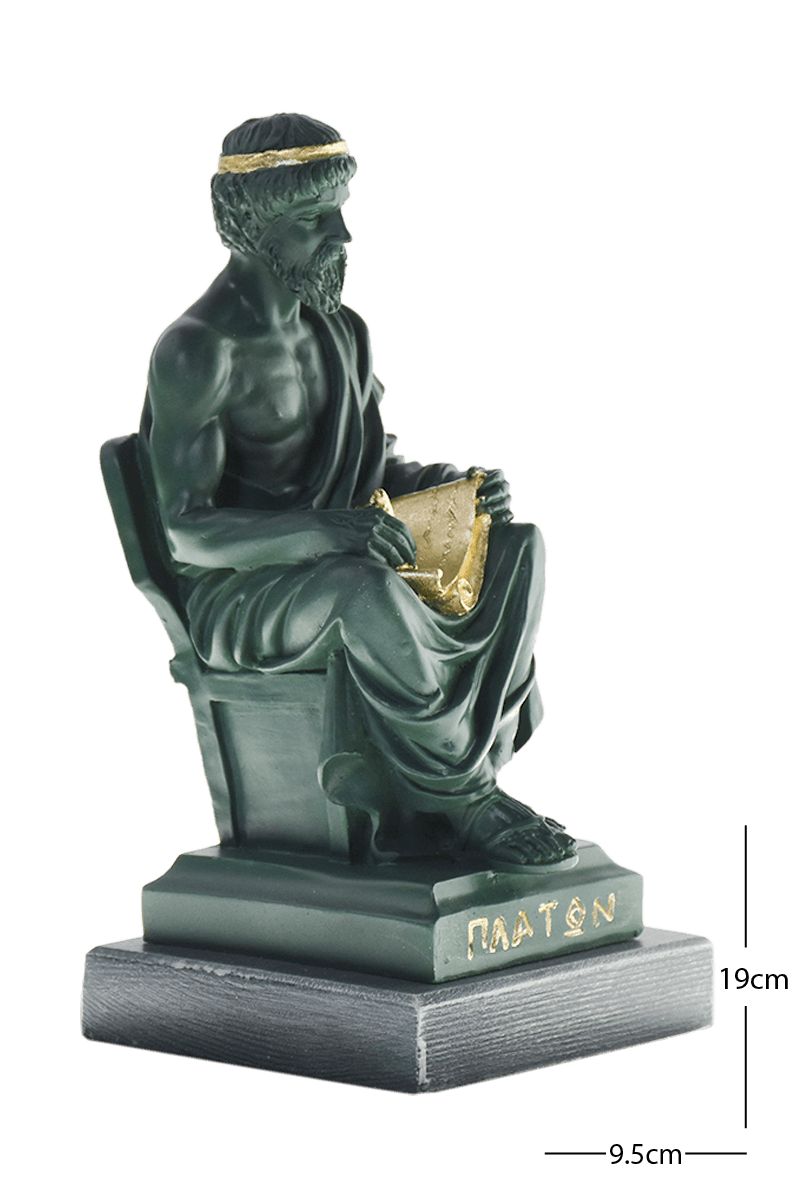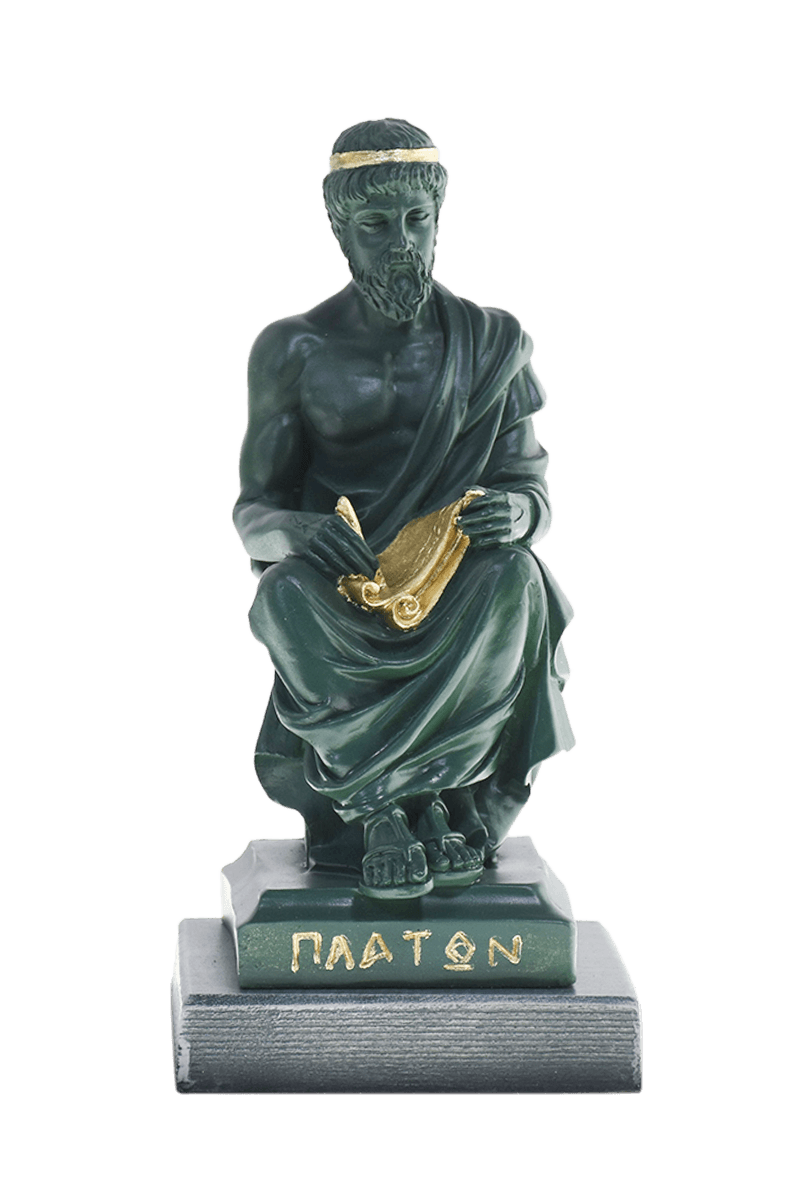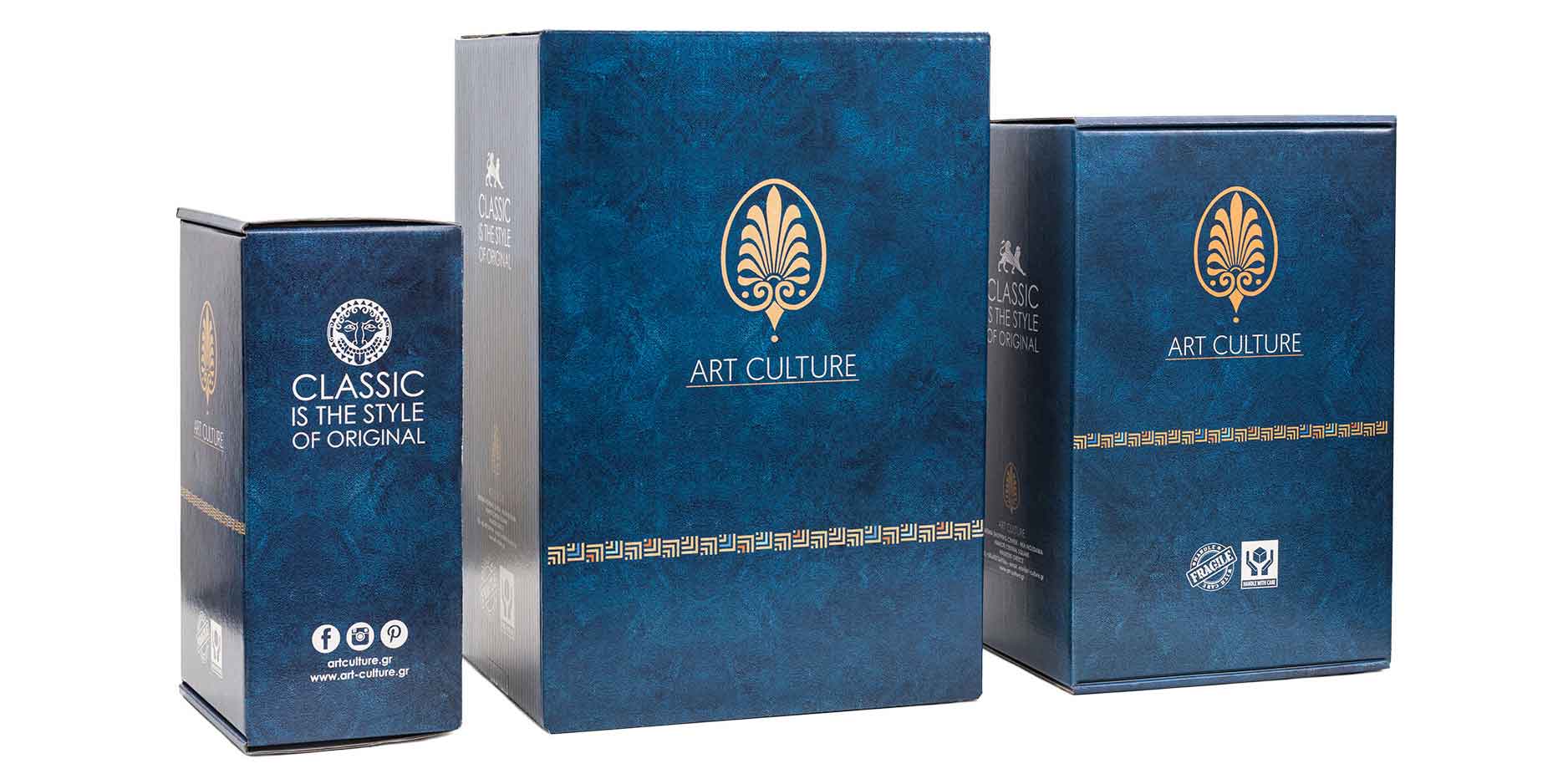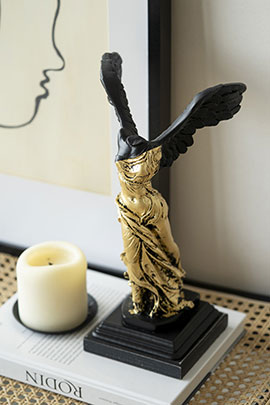Description
Plato (Ancient Athens, 427 BC – Ancient Athens, 347 BC) was an ancient Greek philosopher from Athens, the most famous student of Socrates and teacher of Aristotle. His work, which in the form of philosophical dialogues has been saved in its entirety (even some incorrect works are attributed to him), exerted a huge influence on ancient Greek philosophy and in general on the Western philosophical tradition until today. Leading builder of philosophy, guide or forerunner of its later approaches, inspirer directly or indirectly of the most important socio-political visions.
Plato, among others, wrote the Apology of Socrates, which is considered a relatively accurate record of the apology of Socrates in the trial that sentenced him to death, the Symposium where he talks about the nature of love, the “Protagoras” where, among other things, is based theoretically the principle of “prevention” that does not take the sentence as completely “reciprocal” 324b, Parmenides and Theatitos, where he establishes the objectivity of speech and idea, while in two long dialogues, the State and the Laws described an ideal state , a society of three classes: (a) the few, rulers – kings, (b) the auxiliaries, a caste of warriors, (c) the multitude of free citizens who have no access to power. The few, with the virtue of wisdom – logic, and the auxiliaries, with the virtue of bravery – will, dominate the passions of the crowd.
 Certificate of authenticity
Certificate of authenticity Premium package
Premium package Greek product
Greek product Shipping
Shipping Hand paint
Hand paint Non luxurious packing
Non luxurious packing Ceramic
Ceramic Alabaster
Alabaster Candle
Candle White stone
White stone GLASS
GLASS








 Free Shipping
Free Shipping
Excellent decoration in modern color combinations. Made of alabaster and hand-painted with vivid colors, for durability and durability respectively, on a patinated wooden base with a special felt lining at the bottom for comfortable soft support on any furniture of your home or office. Choose it as an ideal luxury gift or add it to your collection. Get inspired, create and decorate the space you want by choosing the unique ArtCulture products.